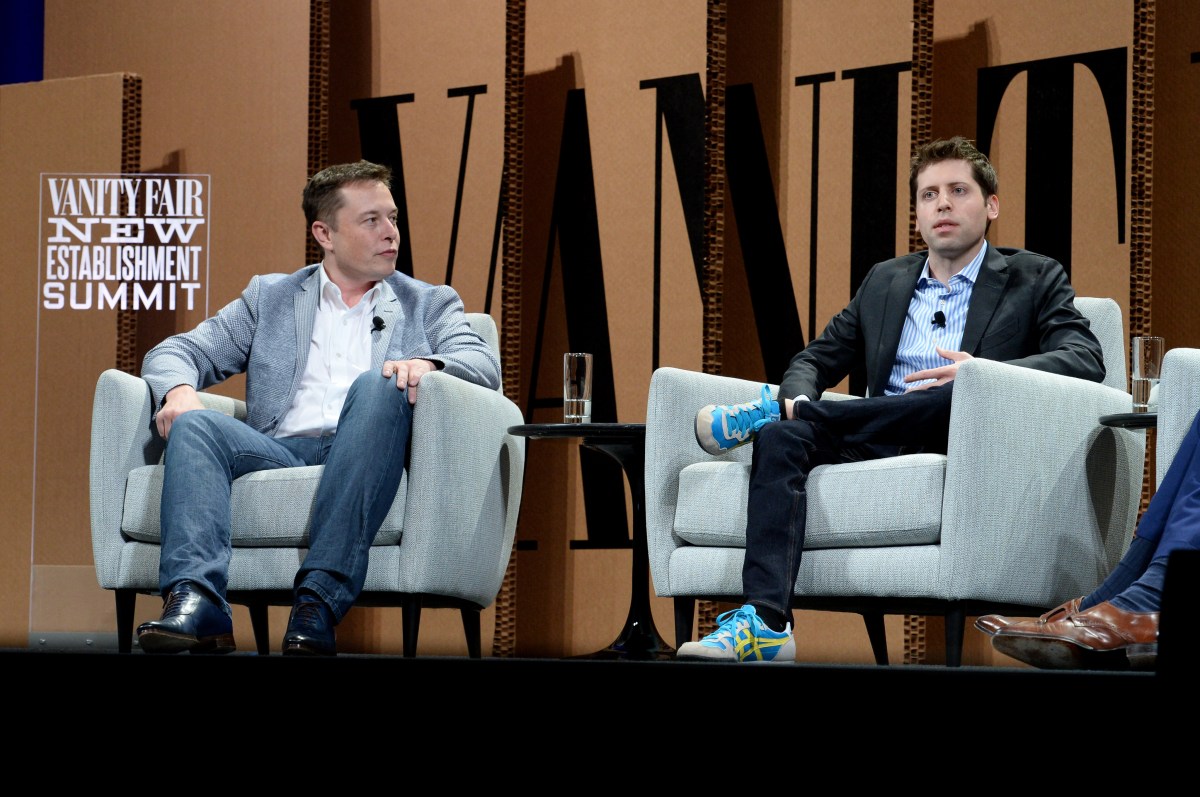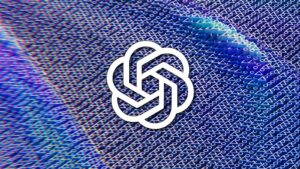Musk Could Potentially Prevent OpenAI’s Shift to a For-Profit Model

Elon Musk’s Legal Battle Against OpenAI: A Closer Look
Overview of the Lawsuit
Elon Musk recently faced a setback in his ongoing legal battle against OpenAI, a company he co-founded. In this lawsuit, Musk claims that OpenAI has strayed from its original nonprofit mission of ensuring AI advancements benefit humanity. The suit also targets Microsoft and OpenAI’s CEO, Sam Altman, as co-defendants. Originally established as a nonprofit in 2015, OpenAI transitioned to a “capped-profit” model in 2019, and is now exploring a further shift to a public benefit corporation.
Judge’s Ruling on Musk’s Request
Musk sought a preliminary injunction to prevent OpenAI from transitioning to a for-profit structure. This week, U.S. District Court Judge Yvonne Gonzalez Rogers in Northern California denied that request but expressed concerns regarding the potential implications of OpenAI’s conversion. In her ruling, Judge Rogers emphasized that significant and irreparable harm could occur when public funds are used to convert a nonprofit into a for-profit entity. Currently, OpenAI’s nonprofit arm holds a majority stake in its for-profit operations, which is expected to receive billions during the transition.
Key Points from the Judge’s Comments
Judge Rogers made several important observations in her ruling:
Foundational Commitments: She referenced vows made by OpenAI’s co-founders, including Altman and Greg Brockman, not to use OpenAI for personal enrichment, highlighting ethical concerns about the organization’s direction.
Future Trial Date: The judge indicated that an expedited trial could be scheduled for fall 2025 to address these corporate restructuring issues.
- Legal Representation’s Response: Marc Toberoff, Musk’s attorney, expressed satisfaction with the judge’s decision and indicated they would accept the offer for an expedited trial. OpenAI has yet to respond to this suggestion.
Concerns About AI Safety and Regulation
The implications of this legal battle extend beyond Musk’s claims. Tyler Whitmer, a lawyer for Encode—a nonprofit that submitted a brief in support of Musk—stated that Judge Rogers’ decision casts a "cloud" of regulatory uncertainty over OpenAI’s board. With investigations by the attorneys general in California and Delaware already underway, the judge’s comments might encourage further scrutiny of OpenAI’s plans.
Partial Wins for OpenAI
While the ruling included important critiques of OpenAI’s approach, Musk’s legal team did not fully succeed:
Insufficient Evidence: Judge Rogers noted that Musk’s team did not provide enough proof to support claims that OpenAI breached a contract related to approximately $44 million in donations he provided prior to its for-profit transition.
No Irreparable Harm: The judge concluded that Musk’s AI company, xAI, could not demonstrate that it would face irreparable harm if OpenAI’s conversion proceeded as planned.
- Lack of Standing: She also rejected arguments regarding potential violations of interlocking directorate laws involving OpenAI and Microsoft, as well as claims of self-dealing in Musk’s case.
High Stakes for OpenAI
OpenAI’s future is pivotal, as reports suggest it needs to complete its for-profit transition by 2026 to avoid converting freshly raised capital into debt. This looming deadline adds urgency to the situation, not only for OpenAI but for stakeholders invested in its mission of safe AI research.
Employee Concerns and Ethical Considerations
Some former OpenAI employees express anxiety over the implications of the company’s move toward a for-profit model. Speaking anonymously, one ex-employee warned that changing to a traditional for-profit structure could undermine public safety by prioritizing profit over the mission of benefiting humanity. Many joined OpenAI originally, drawn by its nonprofit principles, which affirmed a commitment to responsible AI development.
As OpenAI navigates these legal and structural challenges, the outcome will be closely monitored by regulators, AI safety advocates, and technology investors alike. The next few months promise to shed more light on the complexities faced by OpenAI as it contemplates its transformation and the broader impact on AI governance.






